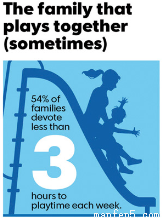0 133759 133767 133773 133777 133783 133785 133789 133795 133797 133803 133809 133813 133815 133819 133825 133827 133833 133837 133839 133843 133845 133849 133851 133853 133854 133855 133857 133858 133859 133861 133863 133867 133869 133873 133875 133879 133885 133887 133893 133897 133899 133903 133909 133915 133917 133923 133927 133929 133935 133939 133945 133953 151629
